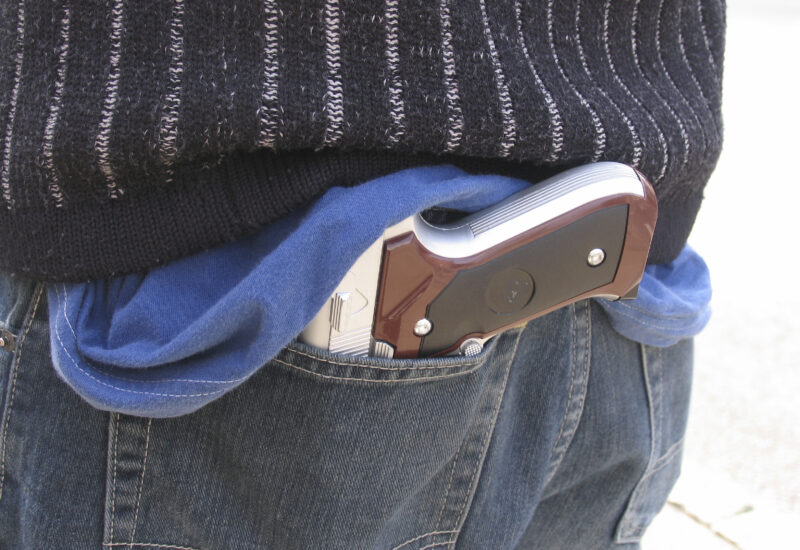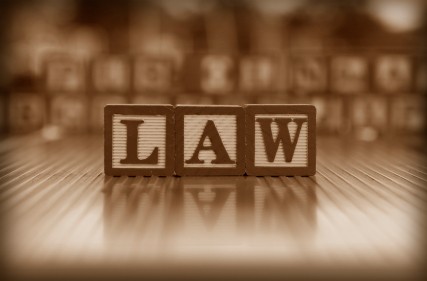All states have driving under the influence laws that were enacted to help keep drivers, passengers, and the community safe. But did you know that every state and the federal government have laws against Boating Under the Influence (‘BUI’) that allow law enforcement officials to stop boats and other watercraft, and make sure that boat operators and their passengers are safe enough to be allowed on the water?
Being charged with BUI can put your legal freedom at stake, and have serious financial consequences. You could have a criminal record, face jail time, incur heavy monetary fines, and face increased boater and auto insurance rates.
A rise in alcohol and drug-related boating injuries and fatalities prompted state legislatures to enact BUI laws. Over half of all boating accidents involve alcohol or drugs, and alcohol is the leading contributing factor in fatal boating accidents, according to the Insurance Information Institute. The U.S. Guard reports that BUI incidents increase boating fatalities by approximately 34 percent.
Whether you operate a fishing boat, sailboat, yacht, personal watercraft, or sailboard, you could be charged with BUI. Just like driving under the influence (‘DUI’), legal penalties can range from civil fines and the forfeiture of your boating license, to prison time in criminal cases for causing a death while boating under the influence of alcohol or drugs.
Since boating accidents and injuries rise dramatically when the weather is warmer, it is important to annually review boating safety requirements, and know how boating while intoxicated (‘BWI’) and BUI laws and regulations affect you.
The U.S. Coast Guard warns that “alcohol is more hazardous on water than on land.” The federal law enforcement agency cautions that BUI regulations exist to prevent and minimize the possibility that an intoxicated person will operate a vessel on the water, reduce the threat of harm to oneself and others, and use criminal and civil laws to discourage operating a boat or watercraft while drunk or under the influence of narcotics.
Federal and state authorities can pull the operator of a boat or other watercraft over, just like on the highway or street if you are suspected of a DUI. Different factors can affect a boat operator’s physical and mental abilities while on the water. These include heat, sun, noise, wind, glare, and the motion of a boat on the water for a long period of time. These factors are often referred to as ‘boater’s fatigue.’ If alcohol and drugs are also involved, one’s ability to safely operate a vessel on the water can be severely affected.
Law enforcement officials may also set up BUI checkpoints on the water, just like roadside DUI checkpoints, to question and check boat operators for Boating Under the Influence (‘BUI’). Some states do not even require ‘probable cause’ before law enforcement officials can board your boat.
Given the rise in boating injuries and fatalities by recreational and commercial boaters, convictions for boating under the influence can have severe consequences.
Most state laws define crimes of drunk boating as follows: operating a watercraft on a body of water while under the influence of alcohol. Some state laws provide for a per se BUI offense, which a person commits when operating a boat or other watercraft on the with a blood-alcohol concentration (‘BAC’) of .08 percent. While most state BUI laws have BAC level requirements of .08 percent, some are slightly higher at .1 percent.
More than twenty states also have BUI laws relating minors. Some state laws make any amount of alcohol in a minor’s blood a per se (i.e., automatic) BUI legal offense. In California, people younger than 21 years-old with BAC levels of at least .01 percent cannot even use water skis.
If you or a loved one is in a bind as a result of a criminal charge, immediately contact a Seattle Criminal Attorney. A Criminal lawyer is not going to judge you, and understands that everyone makes mistakes. Hiring a Seattle Criminal Lawyer to help can – at a minimum – reduce penalties, and can help direct people on how to best deal with their criminal charge, and many times even get them dismissed. So it should go without saying that someone cited for a misdemeanor or felony should hire a qualified Seattle Criminal Lawyer as soon as possible. Criminal charges can cause havoc on a person’s personal and professional life. Anyone charged with a crime in Washington State should immediately seek the assistance of a seasoned Seattle Criminal Lawyer.


